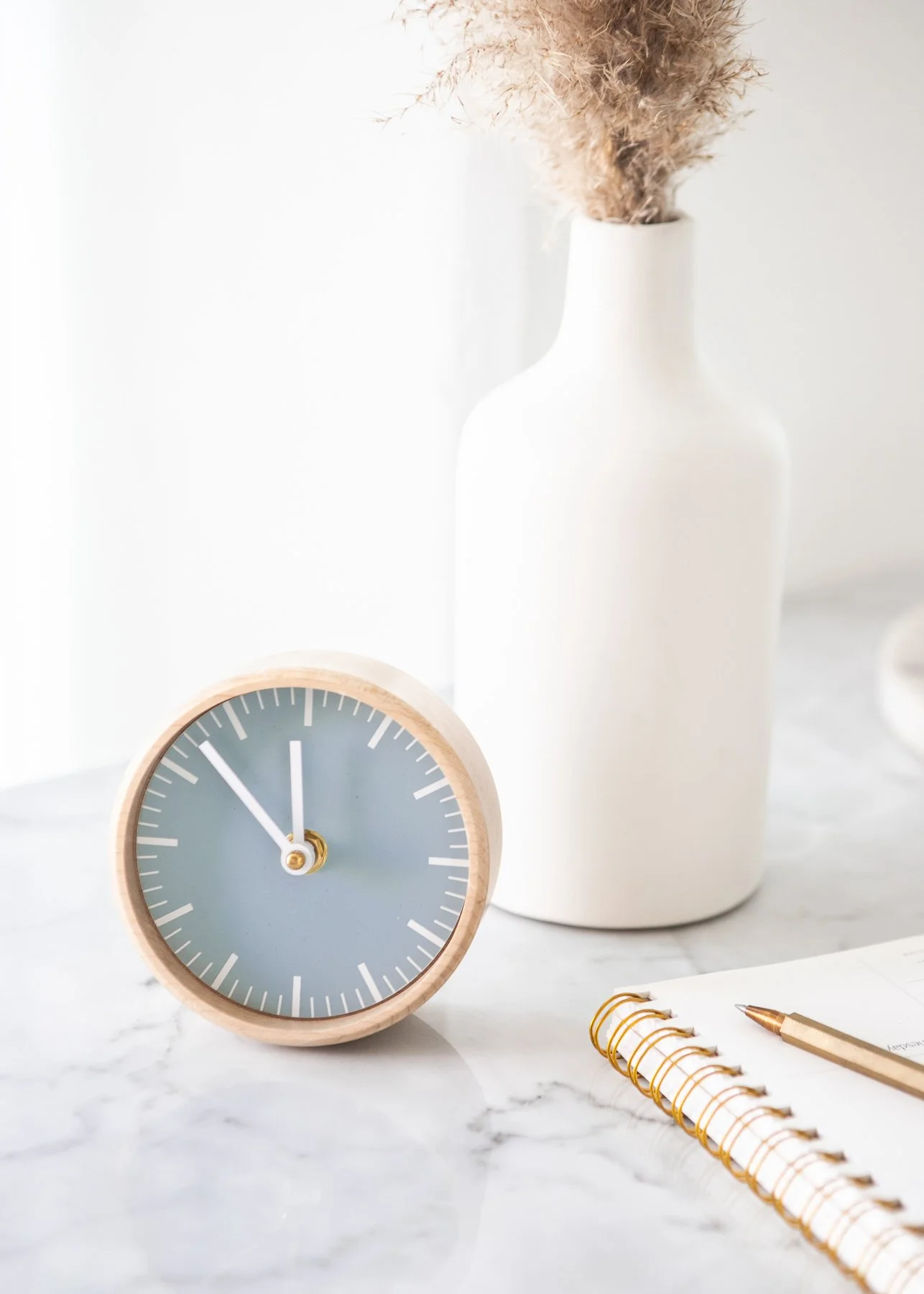Practical Tips for Understanding and Managing Anxiety
Anxiety is a common experience that can significantly impact our daily lives, affecting how we think, feel, and act. It can manifest in various ways, such as persistent worry, physical symptoms like a racing heart or sweating, and difficulty concentrating. Understanding and managing anxiety is crucial for maintaining our overall well-being and leading a fulfilling life. By incorporating practical strategies into our daily routine, we can better navigate anxiety and improve our mental health.
Practical Tips for Managing Anxiety
Breathing Exercises and Mindfulness Techniques
One of the most effective ways to manage anxiety is through breathing exercises and mindfulness techniques. Deep breathing exercises, such as the 4-7-8 technique (inhale for 4 seconds, hold for 7 seconds, exhale for 8 seconds), can help calm the nervous system and reduce anxiety symptoms. Mindfulness practices, like meditation and grounding exercises, allow us to stay present and focused, helping to alleviate anxious thoughts.
Creating a Routine and Setting Realistic Goals
Establishing a daily routine can provide a sense of stability and predictability, which is particularly beneficial for those experiencing anxiety. Start by setting realistic and achievable goals for each day. Break tasks into smaller, manageable steps to avoid feeling overwhelmed. Consistency and structure can help reduce uncertainty and create a sense of control.
Physical Activity and Its Benefits
Regular physical activity is a powerful tool in managing anxiety. Exercise releases endorphins, which are natural mood lifters, and helps reduce the stress hormones in the body. Whether it’s a brisk walk, yoga, or a workout session, find an activity that you enjoy and make it a part of your routine. Even short bursts of physical activity can have a significant positive impact on your mental health.
Limiting Caffeine and Alcohol Intake
Caffeine and alcohol can exacerbate anxiety symptoms. Caffeine is a stimulant that can increase heart rate and cause jitteriness, while alcohol can interfere with sleep and exacerbate anxiety in the long run. Try to limit your intake of these substances and opt for alternatives like herbal teas or water to help maintain a calmer state of mind.
Seeking Professional Help When Needed
It’s important to recognize when anxiety becomes too overwhelming to manage on your own. Seeking professional help from a therapist or counselor can provide valuable support and guidance. Therapy can help you understand the root causes of your anxiety and develop effective coping strategies. Don’t hesitate to reach out for help when you need it.
Managing anxiety is a journey that requires patience and self-compassion. By incorporating practical strategies such as breathing exercises, establishing a routine, engaging in physical activity, and seeking professional help, you can take significant steps toward managing anxiety effectively. Remember, it’s important to be kind to yourself and seek support when needed. Taking small, manageable steps can make a big difference in your overall well-being.

